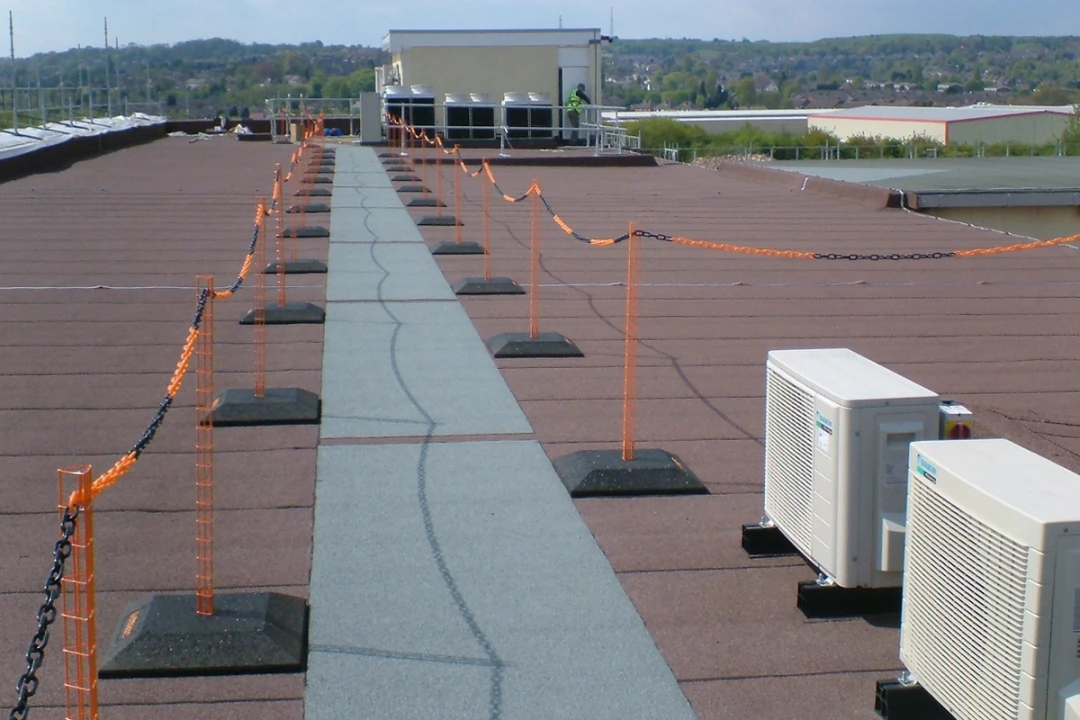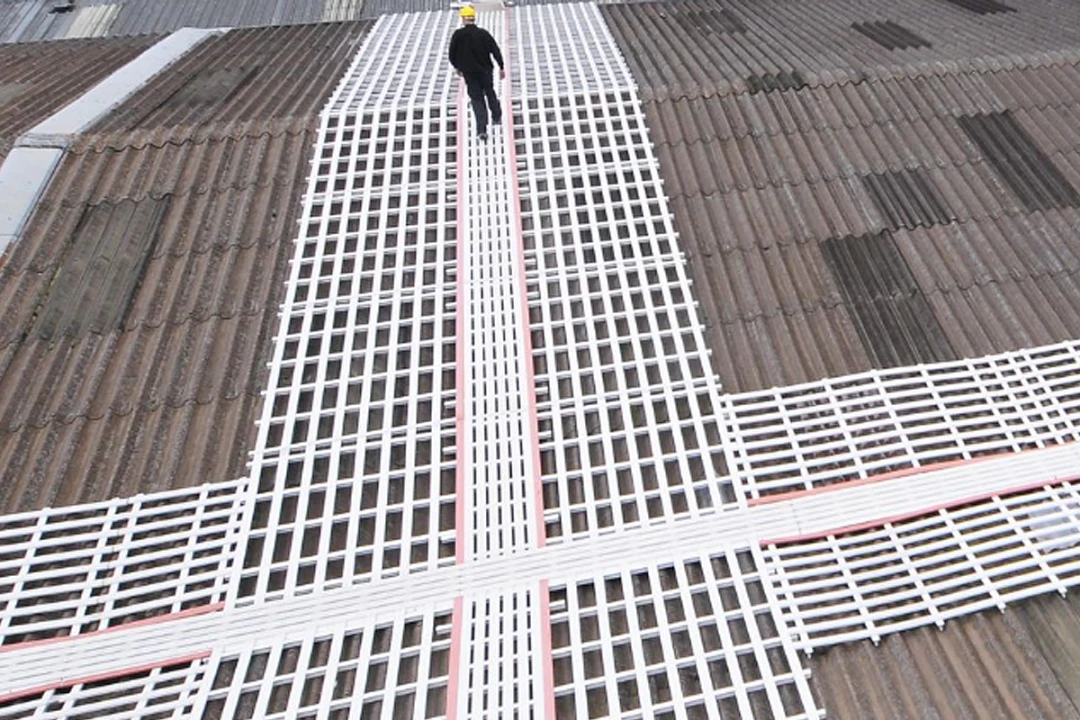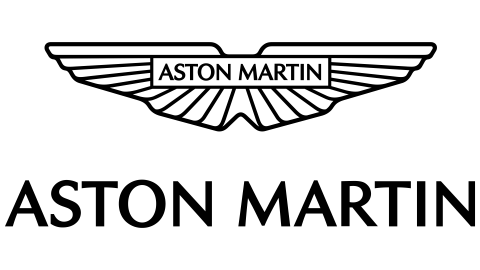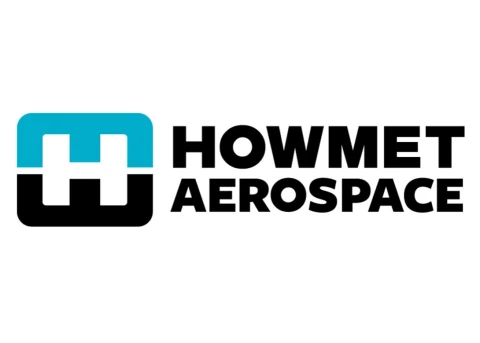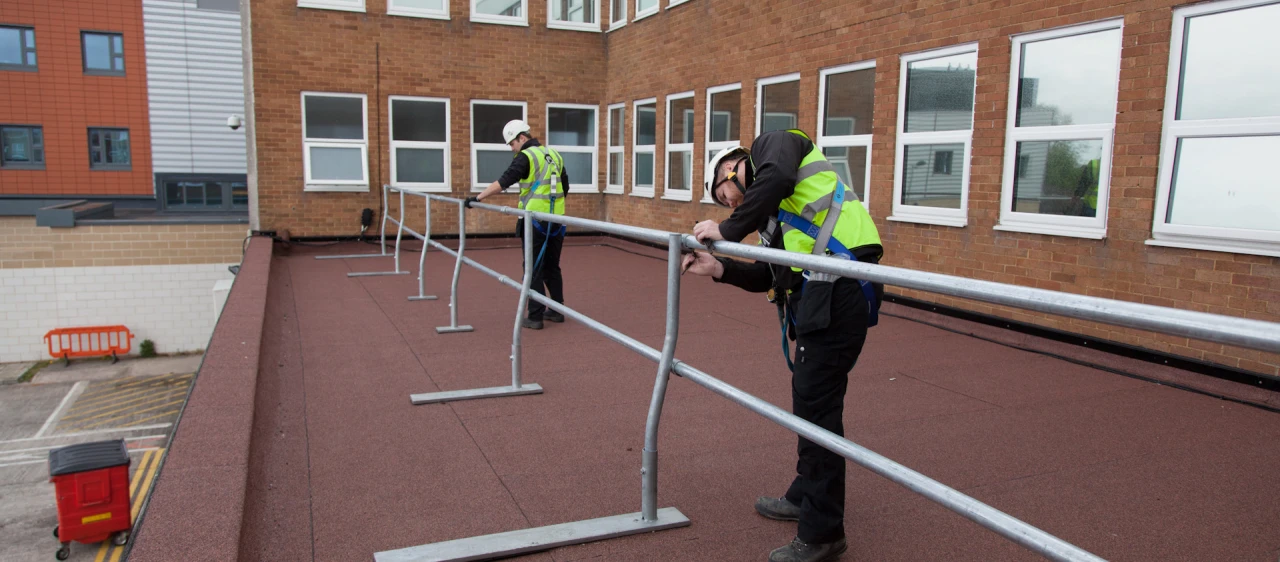

- Inspection & Maintenance
- Roof Handrail, Guardrail, Balustrade & Barrier Inspection
Roof Handrail, Guardrail, Balustrade & Barrier Inspection
Collective protection systems such as roof handrails, guardrails, balustrades, and barriers are vital for preventing falls from height. In line with the hierarchy of control, collective fall protection measures should always be considered before individual protection such as PPE or personal fall arrest systems.
Our directly employed and fully trained engineers have extensive expertise in carrying out guardrail testing, handrail load tests, and inspections of collective protection systems to ensure maximum safety for your staff and contractors. They can also assist in testing handrail strength, particularly where concerns have been raised about its integrity or as part of a third-party independent testing requirement.
These inspections provide peace of mind and help reduce the risks to workers and the duty holder.
Inspection Standards and Regulations
BS 6180:2011 – Barriers In and About Buildings (Code of Practice)
Covers permanent barriers, including handrails and balustrades on stairs, balconies, and terraces. Inspections confirm compliance with height requirements (e.g., 1100 mm for balconies), sphere gaps of no more than 100 mm, and load-bearing performance.BS EN 13374:2013+A1:2018 – Temporary Edge Protection Systems
Applies to guardrails and barriers used during construction or temporary works. Inspections focus on system classification (Class A, B, or C), visual checks for damage, and verification that components meet the load and deflection criteria set out in the standard.BS EN 13700:2021 – Permanent Counterweighted Guardrail Systems
Governs freestanding, counterweighted roof guardrails. Requires technical documentation (including wind loading calculations) and mandates annual inspection and recertification to ensure ongoing compliance, particularly for systems installed before July 2021.
Business Responsibilities
Under PUWER 1998, all handrails, guardrails, and barriers are considered work equipment. As the duty holder, you are legally responsible for ensuring that:
Equipment is suitable for use and correctly installed.
Systems are maintained in a safe condition so they do not pose health and safety risks.
Inspections are conducted at required intervals by a competent person.
Failure to maintain or inspect collective protection can result in fines, legal liability, or workplace injuries.
Frequency of inspection
The Working at Height Regulations (WAHR) 2005 and PUWER 1998 require that collective fall protection systems be inspected at least every 12 months. In certain cases, such as temporary edge protection under BS EN 13374, inspections may be required before every use or at shorter intervals depending on site conditions.
Frequently Asked Questions
Under WAHR and PUWER, inspections should be carried out annually or more frequently if specified by the manufacturer or standard (e.g., BS EN 13700).
BS 6180 covers permanent barriers and balustrades within buildings, while BS EN 13374 applies to temporary edge protection used during construction or refurbishment.
It sets standards for freestanding counterweighed guardrails, including mandatory annual recertification and verification of wind loading calculations.
Load testing ensures that handrails and guardrails can withstand the horizontal and vertical forces required by BS 6180 and BS EN 13374, ensuring worker safety.
Request free quotation
Fill in the form below to request your free, no-obligation guardrail, handrail, or balustrade inspection quotation.
